Today, Messi leads the Argentina National team to their first game in his fifth FIFA World Cup, in Qatar, against Saudi Arabia. The football maestro has said this edition might be his last, throwing his global fans, including millions of Nigerians into anxiety. Even if the Super Eagles sadly missed out on this year’s most prestigious football tournament, millions of Nigerian Messi fans would not be denied the excitement of seeing him play for the last time, maybe. Meanwhile, there’s hardly a Nigerian perspective of Messi’s history that would not include a name, John Mikel Obi.
When the Nigerian and Chelsea Football club legend, John Mikel-Obi first introduced himself to the footballing world, he did so alongside the now Greatest Of All Time that has ever kicked the round leather ball, Lionel Messi. On the same stage, in the same tournament, in the same year, Mikel shared the limelight – the 2005 FIFA U-20 World Cup in the Netherlands with Messi, where they even came face-to-face in the final battle. But, Messi and his Argentine team came out victorious, with the PSG star winning the Golden Ball and the Silver Boot, while Mikel won the silver boot. From that moment, their career took different turns and routes.
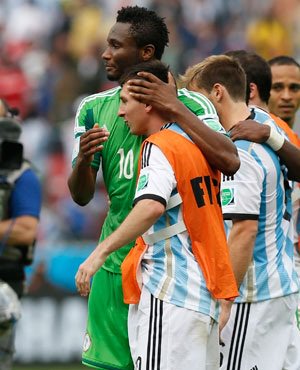
Just like the current Barcelona coach Xavi Hernandes had said, it would be absolutely unfair and I dare add evil, to compare Messi’s career with any other player’s. But the 2012 UEFA Champions League winner with Chelsea also had a fine and enviable career with clubs and country, before he hung up his boots recently.
Mikel originally named Michael may not have risen to the summit of what he flashed at the 2005 FIFA Youth Championship, but he succeeded he writing his name on the sand of time despite running against the wind almost throughout his career.
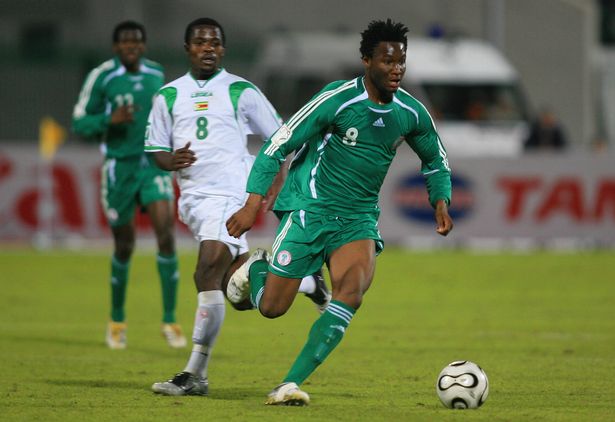
The Mikel who the world saw was a raw talented midfielder who many had thought was heaven’s gift to Nigeria as a perfect replacement for the legendary Austin Jay Jay Okocha in the Nigerian National team. That young Mikel was a maestro in every game in played eclipsing the likes of Aguero and Fabregas, controlling the game with his creative and intelligent movements, retention of the ball, perfectly-timed tackles, scintillating and ‘zidanish’ ball controls.
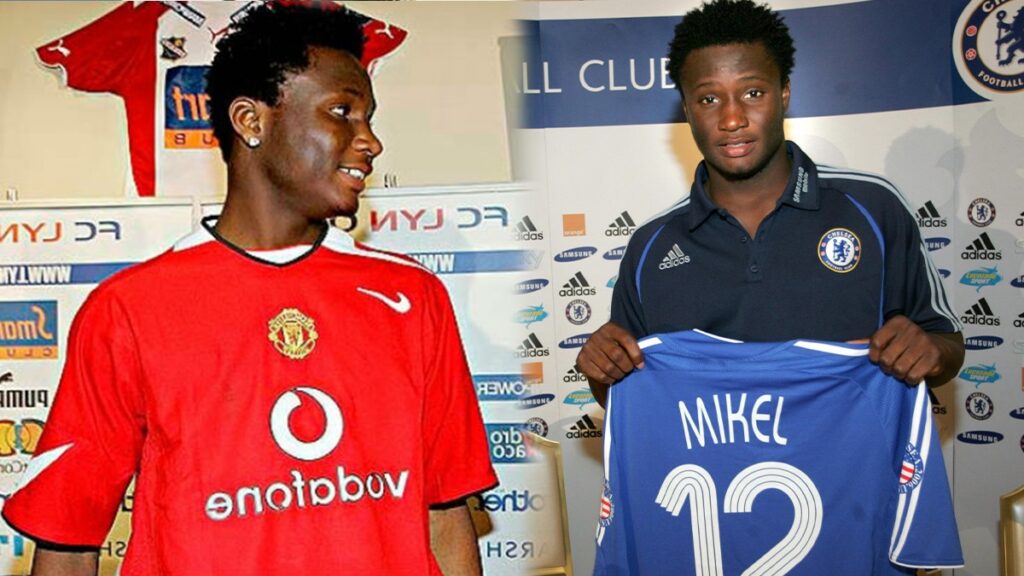
However, after a controversial and highly dramatic move to Chelsea FC after he had signed for Manchester United, holding their jersey in front of the press, just a few hours earlier, Mikel’s game evolved into a more defensive midfield role, thanks to the then The Blues gaffer, Jose Mourinho who is famed for forcing players out of their natural positions to satisfy his philosophy and pattern of play. A similar case study is Joe Cole. After struggling for a series of games, he later settled in his new unnatural position and went on to do great exploits with Chelsea, winning the club’s Young Player of the Year award in 2007 and 2008 and his second FA Cup, while Messi was featuring in the 2008 UEFA Team of the Year and winning his second Champions League with Spanish giants, Barcelona in 2009.
Many believed if Mikel’s raw talent had found a natural nurturing coach like Ferguson or Guardiola, he would have had a more magnificent run in his career. Case studies: Nani, C. Ronaldo under Fergi, Messi under Guardiola. However, when Mikel came up against Messi again in 2012 in the UEFA Champions League, Mourinho’s re-modeling proved successful after The Blues came out victorious with Mikel’s midfield partnership with Lampard and Meireles, overpowering the Barca’s maestros.
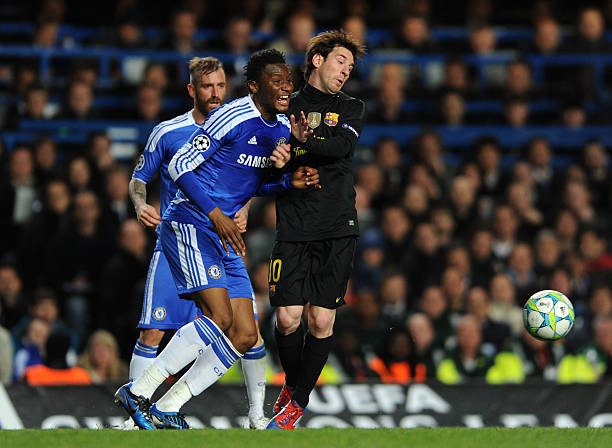
Mikel had begun his club career with a Norwegian team, Lyn Oslo before moving to Chelsea where he spent 11 years of his career. The midfielder, who lifted the Champions League with Chelsea in 2012, won 89 caps for Nigeria and helped the Super Eagles win the 2013 Africa Cup of Nations, before retiring from international football in 2019.
The biggest highlights of his career came during 11 trophy-laden years at Stamford Bridge, even if it took him until his 185th game for the club to score his first goal.
He made 249 Premier League appearances in all for the London club, adding the Europa League, two Premier Leagues, four FA Cups, and two League Cups to the European crown.
His father was kidnapped twice during his career, to Mikel’s immense dismay, but at Chelsea, the Nigerian evolved into a holding midfielder of peerless intelligence and insouciance.
He will go down as one of Nigeria’s greatest players, having earned his spot among the country’s most decorated footballers even if he was a polarising figure, equally loved and criticised by demanding fans from Africa’s most populous nation.
He left his mark at two World Cups, won a Nations Cup, captained his country to an Olympic bronze medal (2016), and performed unforgettably at the Under-20 World Cup in 2005, a stage in his career when he was known as a free-scoring box-to-box midfielder.
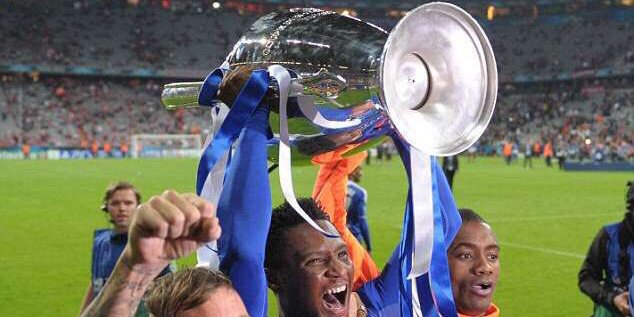
For Chelsea fans, they will always have that glorious Champions League final night in 2012, when Mikel was named man of the match.





